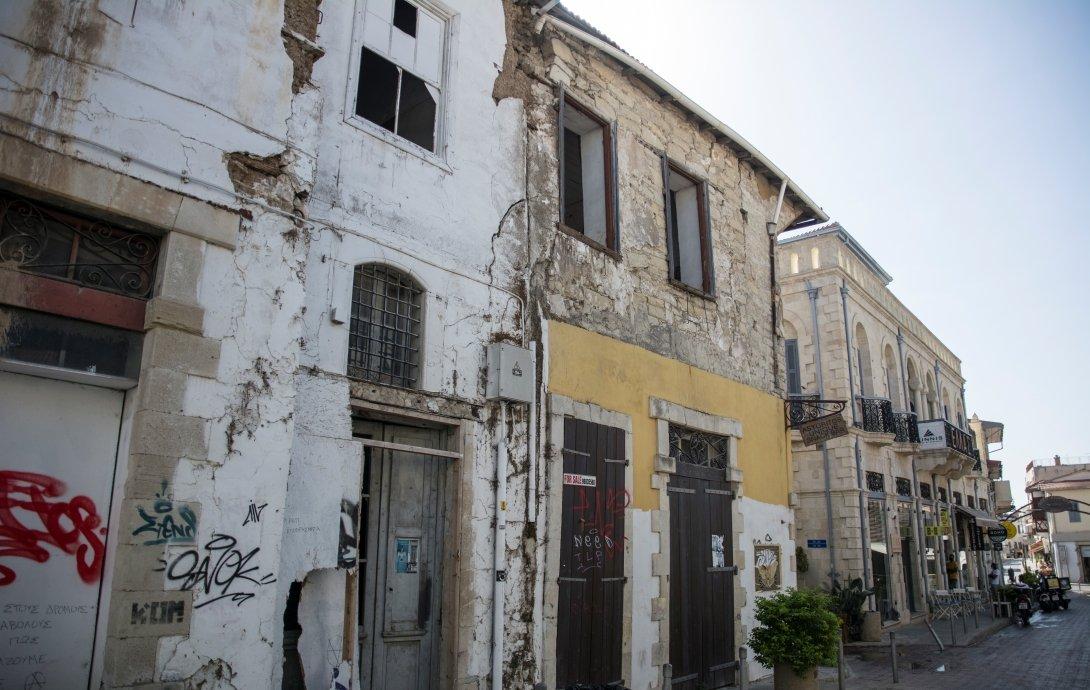In the center of Nicosia, it has become common to see abandoned buildings converted into cafés, shops, and apartments without the proper permits. Old commercial spaces and residential buildings that were once full of life are now being exploited by private individuals and small businesses operating outside the law. Some of these spaces are rented out on a short-term basis, creating safety risks and accelerating the destruction of architectural features.
Experts in cultural heritage preservation note that this practice not only violates the law but also erases urban memory. Nicosia is famous for its historic buildings, which require careful maintenance. However, unauthorized use of these properties leads to their rapid deterioration, and municipal services are unable to respond to the scale of the problem.
Bureaucracy versus preservation
At first glance, the solution seems obvious: expropriate and restore dangerous and abandoned buildings. In practice, however, this process faces a number of obstacles. By law, the state or municipality must compensate the owner for the property's value. If the owner disagrees with the amount, the case is referred to court, where the process can drag on for years.
Added to this are a multi-stage inspection system and limited budgets that do not allow all properties to be covered. Consequently, many buildings continue to deteriorate, and the historic appearance of the city center is rapidly disappearing.
 The The role of experts and authorities
The The role of experts and authorities
The Cyprus Scientific and Technical Chamber (ETEK) steps in, conducting surveys, developing recommendations, and helping the municipality create restoration plans. Experts emphasize that a comprehensive approach is needed, combining legal solutions, European funding, and business participation.
The Ministry of the Interior recognizes that without a strategic plan, reviving the historic center is impossible. At the same time, the ministry points to the need to attract EU grants because municipalities do not have sufficient resources of their own.
Nicosia of the Future
Despite the challenges, there are already examples of the successful restoration of historic buildings in the city that have been transformed into cultural centers, art spaces, and modern business offices. City authorities and cultural organizations view these projects as a means of creating a vibrant Nicosia—a capital where the past blends harmoniously with the present.
In the coming years, Cyprus plans to make more active use of EU programs for cultural heritage preservation and urban regeneration. If these plans are implemented, Nicosia will have a chance to regain its status as a city with unique architecture and a rich historical identity.
